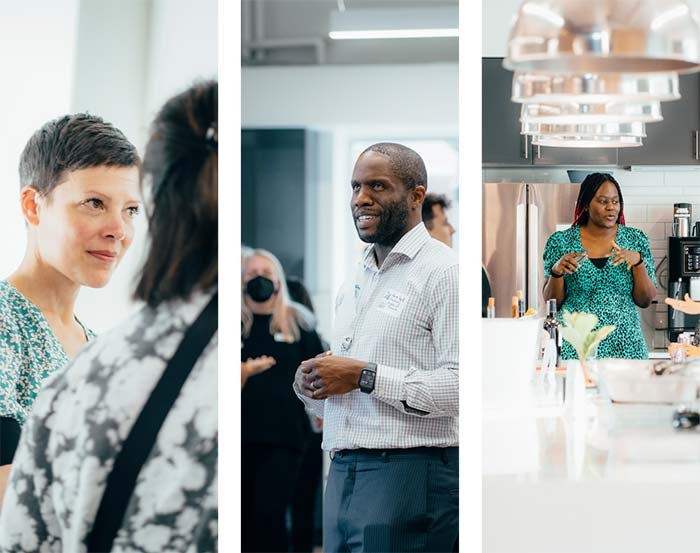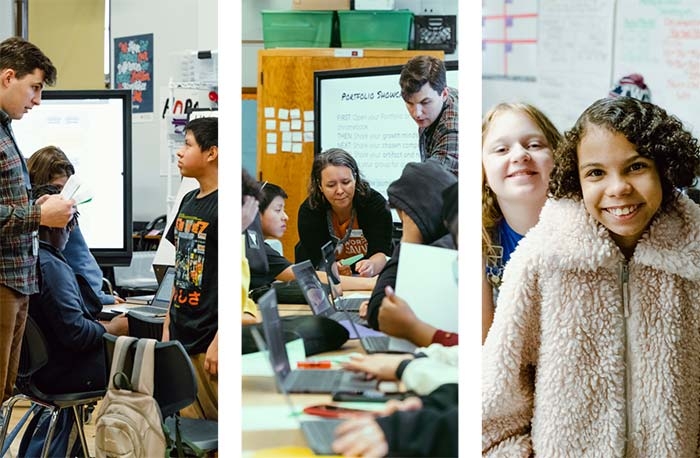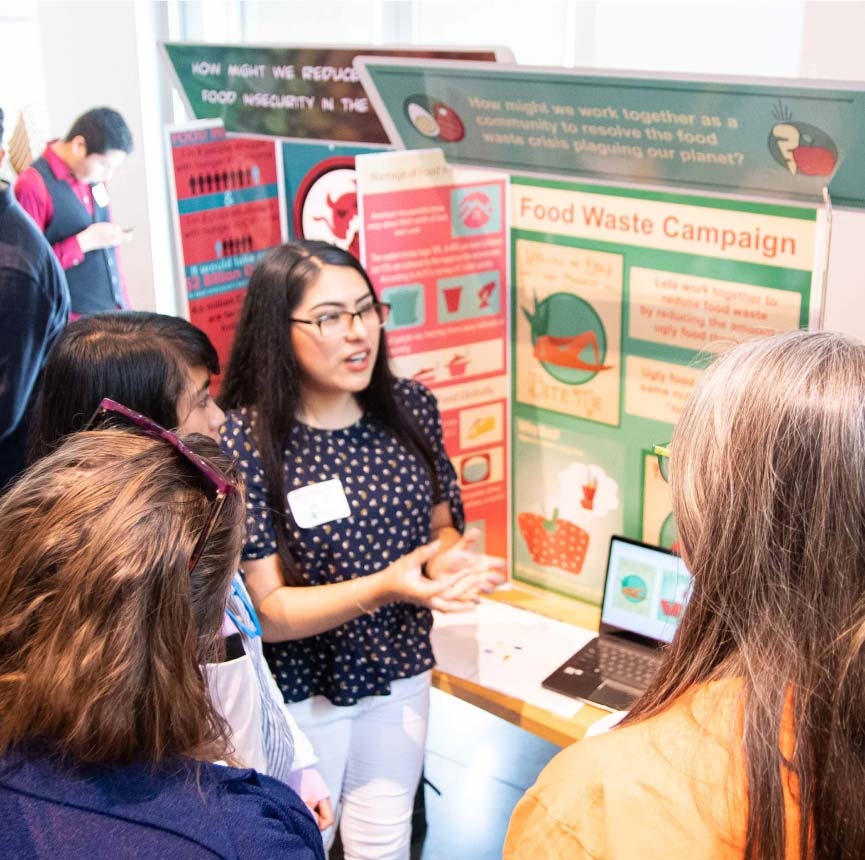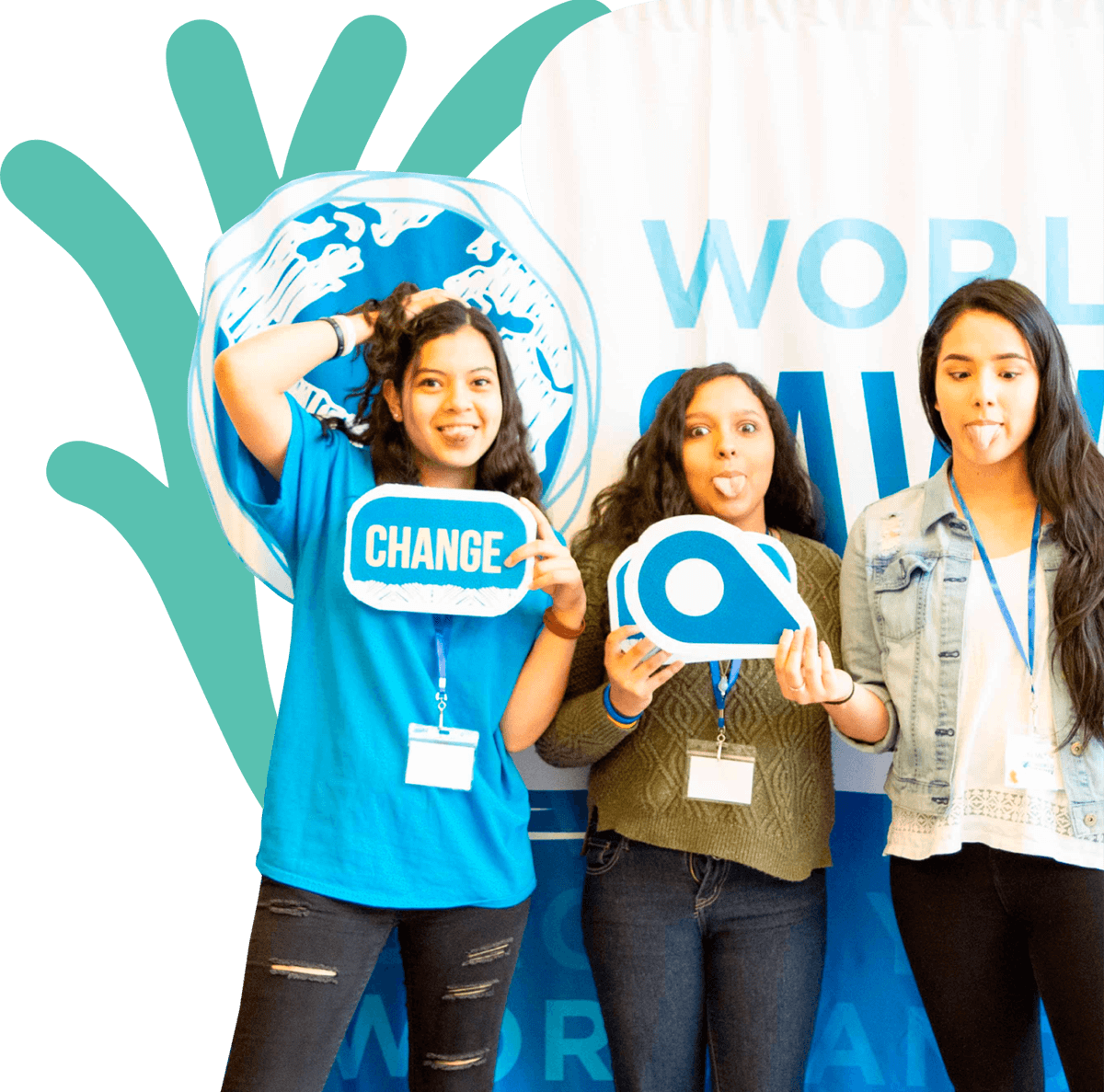
For decades, World Savvy has been transforming education, impacting the lives of over 904,000 students and nearly 7,300 educators across 45 states and 32 countries. Our mission is to create a generation of changemakers who possess the knowledge, skills, and dispositions to address global challenges and contribute positively to an interconnected world. By making teaching and learning personal, experiential, and relevant, we help to create young people who are thoughtful problem solvers, thriving professionals, and engaged local and global citizens.
Educator Empowerment
Inspiring Inclusive, Relevant, and Engaging Education
Our work empowers educators to create learning environments that are inclusive, relevant, and engaging for all students. By providing the resources and support they need, we help educators reinvigorate their practice, foster global competence, and prepare students with the essential skills and dispositions they need to thrive in our complex and interconnected world.


"Teachers are trying to do so many things. And so to have a partner, who's there with you, who wants to give you materials, who wants to come in and give you feedback, who wants to set out a plan together and work towards a goal, who has a framework for inquiry-based learning, which we can all talk about and say is important, but it's so hard to execute."
Anna Lehn, World Savvy Educator
of educators increased their ability to to implement clear classroom norms that center the Global Competence Matrix
of educators increased their ability to connect students’ identities to curricular content
of educators agree World Savvy coaches help them reflect on their work with students and the curriculum
of educators agree World Savvy coaches support their growth as a globally competent educator
Student Impact
Equipping the Next Generation of Changemakers
World Savvy graduates are prepared to face the challenges of an interconnected and interdependent world. They possess the knowledge and skills needed for future jobs in a global economy, and are equipped to collaborate and cooperate as active citizens in their diverse communities, locally and globally. Our programs enable students to become problem solvers, addressing both local and global challenges with creativity, resilience, and a sense of responsibility.


“World Savvy opened my eyes to the problems occurring in our world. It also made me see people differently. No matter how different I could be from someone else, we are still humans and suffer from the same problems.”
- World Savvy Student
of students were more open to new ways of thinking
of students became more knowledgeable of the complexities and interdependence of world events and issues
of students used research to adapt a solution
of students grew in teamwork and collaboration skills
Follow Our Progress
Our annual report provides an in-depth look at World Savvy's work, highlighting our achievements and demonstrating the ongoing impact of our programs on educators, students, and communities. Explore the annual report to learn more about our progress, successes, and vision for the future of K-12 education.
VIEW OUR MOST RECENT ANNUAL REPORT
Donate today
to impact the next
generation of
changemakers.
Join our growing community of donors, allies, and partners who invest in and inspire a generation of thoughtful leaders, creative problem solvers, and engaged citizens.
DONATE NOW


